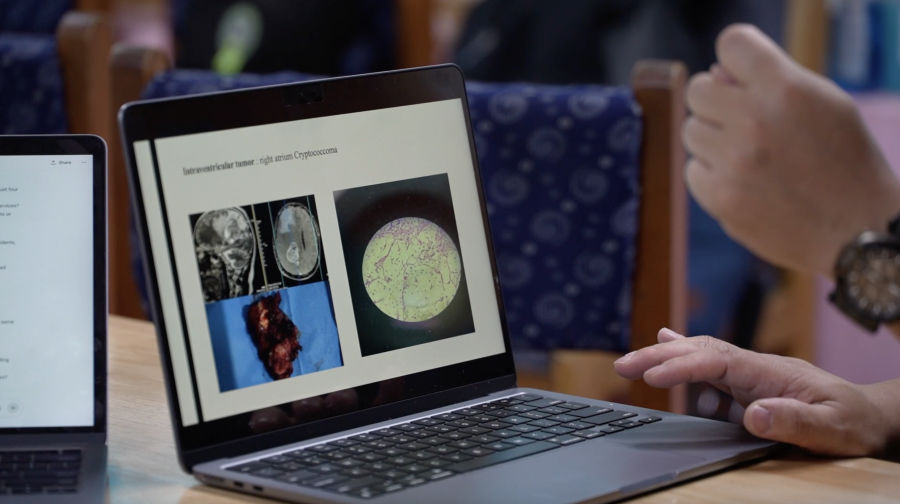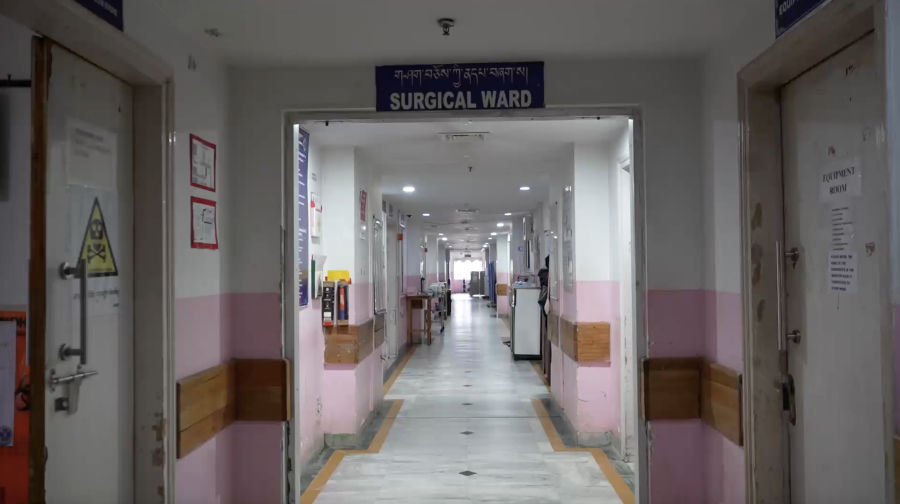 The country has made a significant gain in expanding neurosurgical services, taking the number of services available to eight from just one in four years. Neurosurgery treats problems of the brain, spine, and nerves, such as brain tumours, strokes, epilepsy, and injuries from accidents. This growth has made it easier for patients to get treatment within Bhutan while saving the government millions in medical costs.
The country has made a significant gain in expanding neurosurgical services, taking the number of services available to eight from just one in four years. Neurosurgery treats problems of the brain, spine, and nerves, such as brain tumours, strokes, epilepsy, and injuries from accidents. This growth has made it easier for patients to get treatment within Bhutan while saving the government millions in medical costs.
At the centre of this progress is a dedicated neurosurgeon, Dr Sonam Jamtsho, who performs neurosurgeries beyond brain tumour removal.
From July 2021 to July this year, nearly 1,700 neurosurgeries were successfully performed in Bhutan.

These procedures spared patients from costly referrals abroad and helped the government save nearly Nu 850 M in treatment expenses in four years.
For Dr Sonam Jamtsho, it is more than numbers; it is about giving patients dignity, saving lives, and preparing the country’s healthcare system for advanced treatment in the future.
“The patients do not have to bear the burden of going abroad for these services. Secondly, the advancement of new types of services is a huge economic relief for the country, meaning we do not have to refer cases outside,” said Dr Sonam Jamtsho.
Neurosurgical services in Bhutan now span from trauma and spine surgery to tumour management and paediatric neurosurgery.
There are nine main areas of neurosurgery, and the only service Bhutan has yet to provide is neuro-intervention, a special treatment for brain blood vessel problems.
Neuro-intervention is a modern treatment where doctors use very fine tubes and instruments to reach inside blood vessels of the brain without major surgery.
If made accessible, this could be a game-changer for stroke patients, one of the most common conditions in Bhutan.
Dr Sonam says it is critical to make this treatment available in the future as it will allow stroke patients to receive emergency treatment quickly, reducing the chances of disability or death.
Despite the progress, in the last four years, around 400 patients still required referrals for specialised care not yet available in the country. These include neuro-intervention cases, epilepsy work-ups, movement disorders, complicated tumors, and chemoradiation for cancers.
For now, Bhutan celebrates the progress made. But as neuro conditions like stroke and epilepsy rapidly rise and continue to affect many families, the promise of a complete service may soon become the country’s next life-saving milestone.
Samten Dolkar
Edited by Phub Gyem







